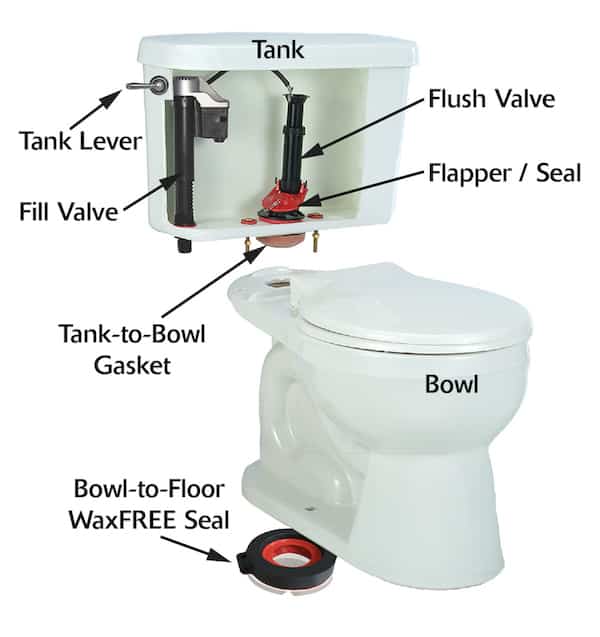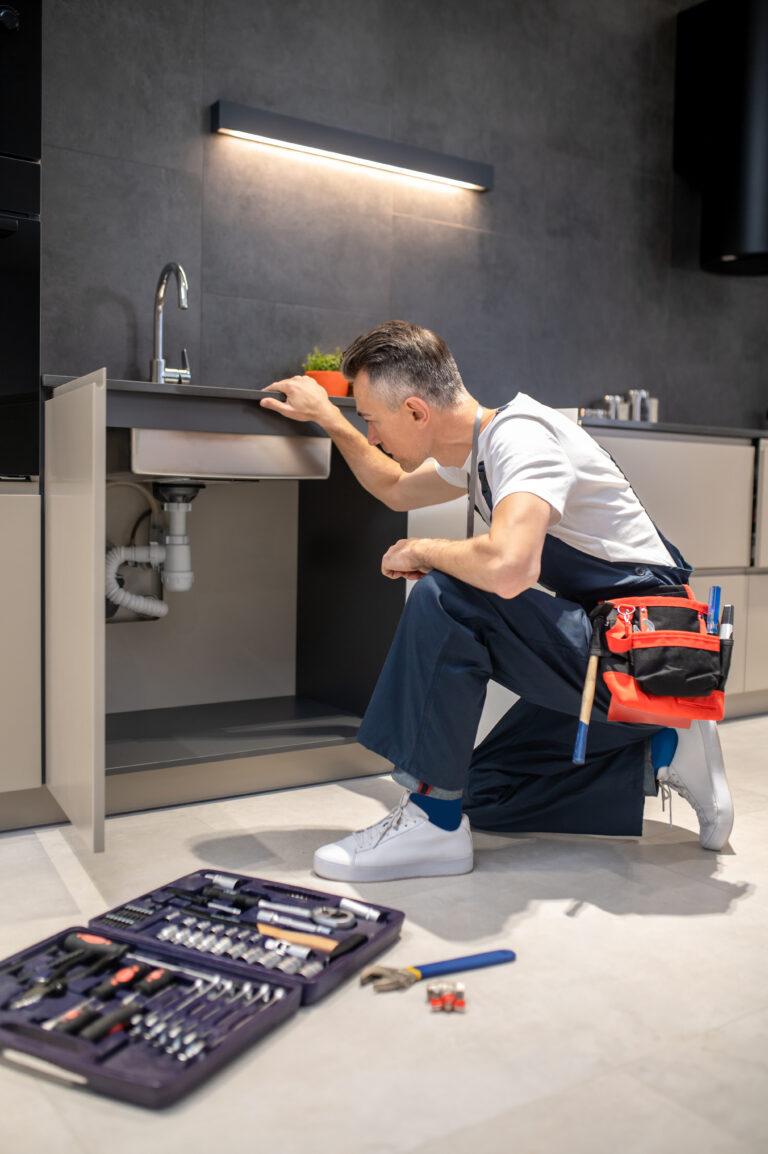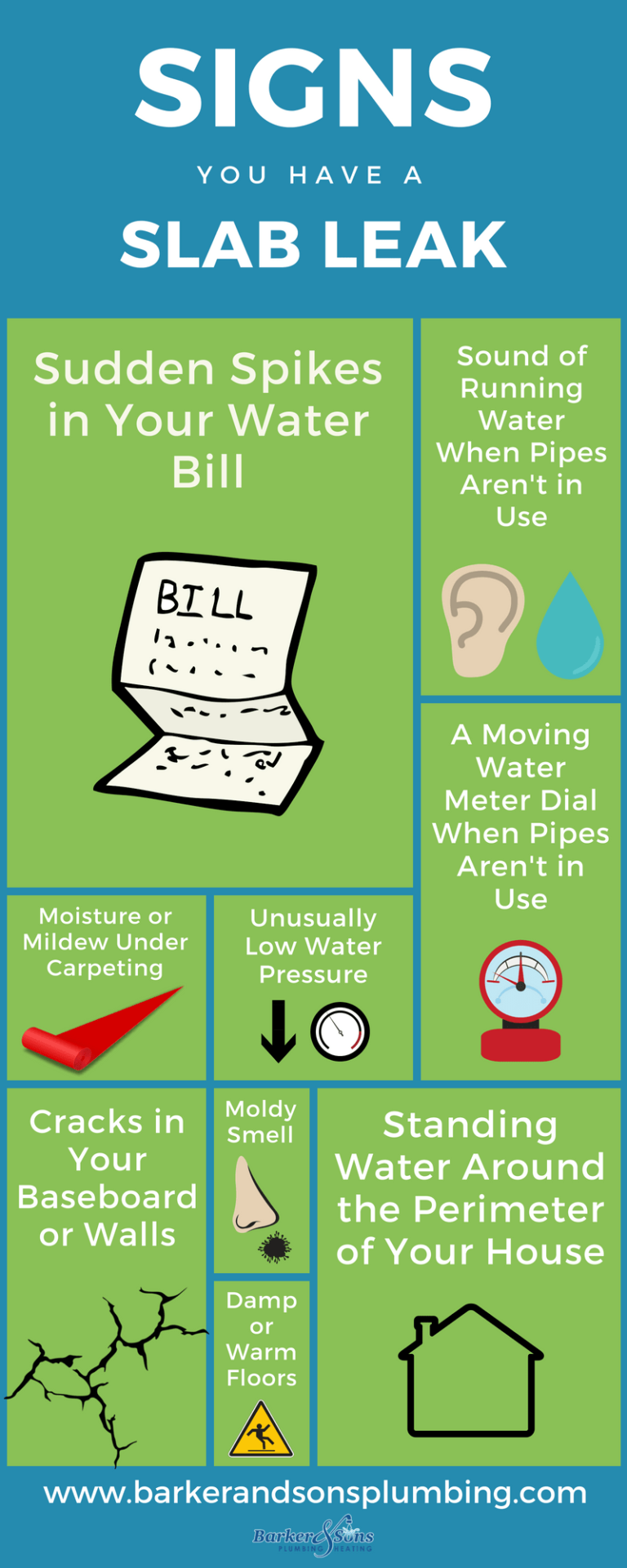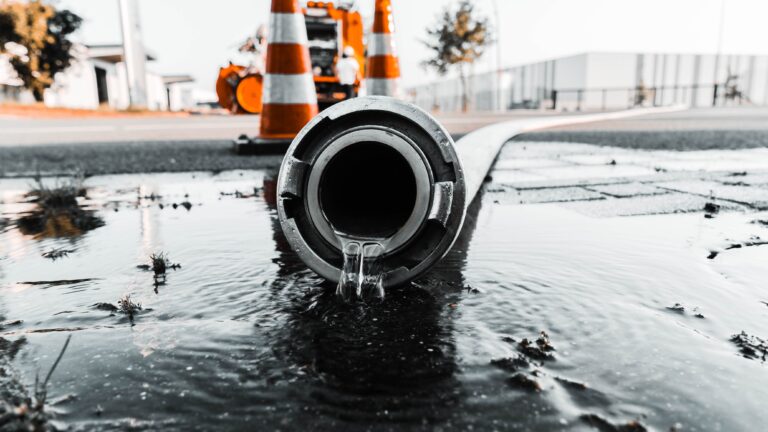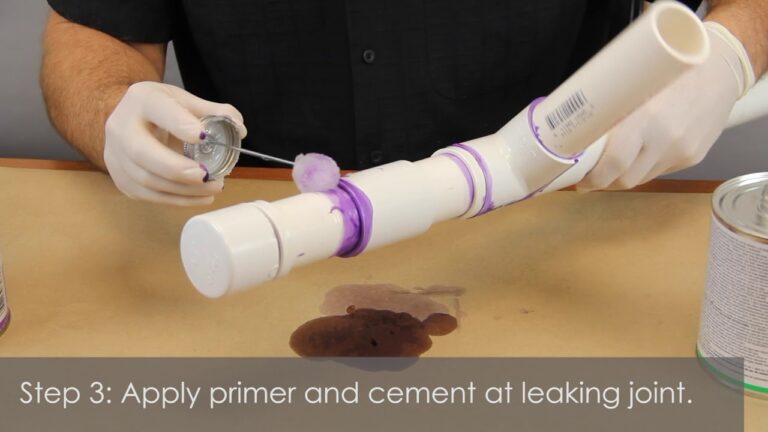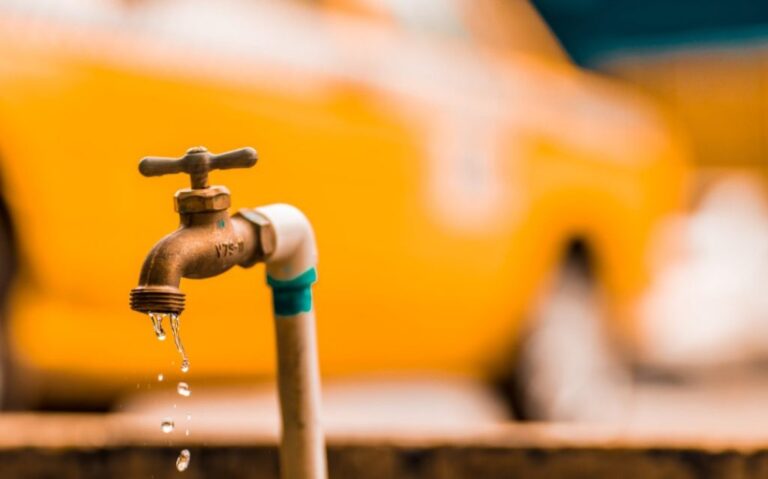Why Do Slabs Leak?
The issue of slab leaks should not be taken lightly. Slab leaks are when water is leaking beneath a concrete slab, typically found in homes with concrete foundations. This can lead to significant water damage if not properly addressed. There are several reasons why slab leaks occur, including poor construction, corrosion, and shifting soils. If a slab leak is not properly diagnosed and addressed promptly, it can lead to costly repairs. Understanding the causes of slab leaks can help homeowners take the necessary steps to prevent them from occurring.
What is a Slab Leak?
A slab leak is a type of water leak that occurs underneath the concrete foundation of a building. Slab leaks are caused by several factors, including corrosion, earthquakes, and poor installation. These leaks can occur anywhere in a building’s foundation, including in the plumbing lines, under the walls, and in the flooring.
Slab leaks can cause a variety of problems, including water damage, mold growth, and structural damage to the foundation. If a slab leak is not detected and repaired quickly, it can cause serious consequences to a building’s structure and its occupants.
So why do slab leaks occur? The most common cause is corrosion of the pipes and fittings due to age or water chemistry. Additionally, shifting soil can cause a slab leak. This can be caused by an earthquake or other natural disaster, or by poor construction or installation. Poorly designed plumbing systems can also contribute to slab leaks.
It’s important to detect and repair slab leaks quickly, as they can cause serious damage to a building’s structure and its occupants. If you suspect you have a slab leak, it’s important to call a professional plumber right away to inspect and repair the leak.
What Causes Slab Leaks?
Slab leaks can be an incredibly vexing problem for homeowners, but understanding what causes them is the first step to preventing future issues. Slab leaks are leaks that occur beneath the concrete foundation of a home or building, typically due to a plumbing issue. Some of the most common causes of slab leaks are corrosion of pipes, shifting soil, and water pressure that is too high or too low. Corrosion of pipes can occur due to age, water chemistry, or other factors while shifting soil can move and damage pipes when the soil expands or contracts. Pressure that is too high or too low can cause pipes to burst, leading to a slab leak. Poor construction or installation of pipes can also lead to slab leaks.
It is important to be aware of the causes of slab leaks so that homeowners can take proactive steps to prevent them. Regularly checking the pipes for corrosion and signs of wear and tear can help identify problems before they become an issue. Additionally, monitoring water pressure and ensuring that all plumbing is properly installed and maintained is essential for avoiding slab leaks in the future.
Common Signs of a Slab Leak
Slab leaks are common, but they can be hard to detect. Luckily, there are a few signs that can help you identify a slab leak before it causes more serious damage. By familiarizing yourself with these indicators, you can take the necessary steps to address the issue.
The first sign of a slab leak is a sudden spike in your water bill. If your bill has increased significantly, and you haven’t made any changes to your water usage, it could be a sign of a slab leak.
Another sign is unexplained moisture on the floor or a sudden damp feeling in one area of the house. Slab leaks can cause water to seep up through the foundation or flooring of the home. If you notice any standing water, it’s important to contact a professional.
Finally, the sound of running water can indicate a slab leak. If you can hear water running even when all of the taps in the house are off, it’s a good indication that there’s a leak somewhere.
Identifying a slab leak is important for preventing further damage. If you’ve noticed any of the signs listed above, it’s essential to contact a professional for help. With the right knowledge and tools, they’ll be able to detect and repair the leak quickly and efficiently.
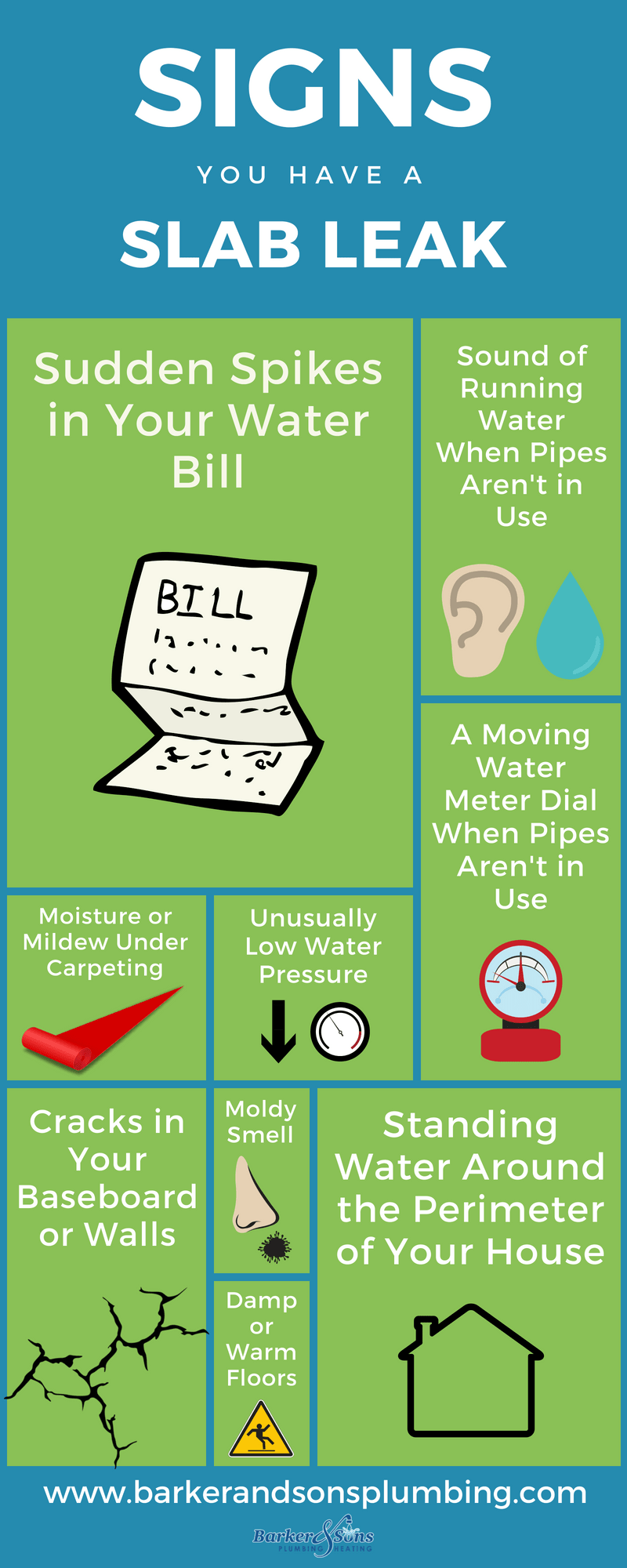
The Consequences of a Slab Leak
Slab leaks are a serious issue that can cause substantial damage to your home or business. If you’ve noticed increased water bills, pooled water, or even cracks in your foundation, you may have a slab leak. Slab leaks can be caused by an array of issues, from aging pipes to natural disasters. Understanding the consequences of a slab leak can help you take the necessary steps to protect your property.
A slab leak can cause significant damage to your property. As water seeps through the foundation, it can weaken the structural integrity of the building. This can be extremely dangerous and costly to fix. In addition, slab leaks can cause water damage to drywall, insulation, and flooring. This can lead to mold and mildew, which can be hazardous to your health.
Slab leaks can also lead to higher water bills. As the water continues to leak from the slab, your bills will continue to increase. This can be a huge financial burden for homeowners and business owners alike. It’s important to address the issue as soon as possible to prevent the costs from piling up.
Slab leaks are a serious issue that should not be taken lightly. If you suspect you have a slab leak, it’s important to contact a professional plumbing company right away. They can help diagnose the problem and offer a reliable solution. Taking the right steps now can save you time, money, and stress in the long run.
How to Repair a Slab Leak
A leaking slab can be a nightmare for property owners, as it can cause water damage and costly repairs. Unfortunately, slab leaks are a common problem, but with the right knowledge and tools, you can repair a slab leak quickly and efficiently. In this blog, we will discuss the causes of slab leaks, the best methods for locating them, and how to repair them.
Slab leaks occur when a pipe underneath the foundation of a structure starts to leak. This can be caused by corrosion, poor installation, or a shifting foundation. If left unchecked, a slab leak can cause water damage to the foundation of the structure as well as the surrounding areas. To prevent a slab leak, it is important to inspect the pipes regularly and repair any noticeable leaks.
The best way to locate a slab leak is by using a combination of visual inspection and pressure testing. Pressure testing involves using a water pressure gauge to measure the pressure of the water in the pipes. If the pressure is lower than the expected level, this could indicate a possible slab leak. Visual inspection can also help to pinpoint the location of a leak, as water stains or damp patches can be seen on the floor or walls.
Once the location of the slab leak has been found, it is time to repair it. The most common way to do this is to replace the faulty pipe or section of pipe with a new one. This is best done by an experienced plumber as it can be difficult to access the pipes underneath the concrete. Alternatively, if the leak is minor, it can be repaired with epoxy resin. This is a fast and cost-effective way to repair a slab leak.
Slab leaks can be a nuisance, but with the right knowledge and tools, you can repair them quickly and efficiently. We hope this blog has provided you with the information you need to locate and repair a slab leak.
Preventing Slab Leaks in the Future
Slab leaks are one of the most common plumbing issues faced by homeowners. Not only can they cause extensive damage to your home, but they can also be difficult and expensive to repair. To prevent slab leaks in the future, it’s important to understand what causes them and how to detect them early.
Slab leaks are caused by a variety of factors, including corrosion of the pipes, a shift in the soil beneath the slab, or construction defects. The best way to prevent slab leaks is to take preventive measures, such as regular maintenance and inspections. Additionally, you can install an early warning system, such as a flow or pressure monitoring device, to detect any leaks early and minimize the amount of damage.
Another important preventive measure is to use higher-quality pipes and materials for your plumbing. Copper pipes are generally considered to be the most reliable, as they are more resistant to corrosion and shifts in the soil beneath the slab. Additionally, it’s important to ensure that the pipes are installed correctly and securely.
In addition to preventive measures, it’s also important to have a quick response plan in place in case you do experience a slab leak. This plan should include the steps to take to minimize the damage, such as turning off the water supply and calling a professional plumber.
By taking preventive measures and having a quick response plan, you can make sure that you’re prepared for a slab leak and minimize the damage if it does occur.
FAQs About the Why Do Slabs Leak?
1. What causes slab leaks?
Slab leaks are typically caused by piping material that has corroded, water pressure that is too high, or pipes that have shifted due to improper installation.
2. What are the signs of a slab leak?
The most common signs of a slab leak are a sudden increase in water bills, unexplained puddles of water, and the sound of running water when all the taps are off.
3. How can a slab leak be fixed?
In most cases, a slab leak can be fixed by re-routing the pipes, replacing the damaged or corroded pipes, or using epoxy injection to seal the leak.
Conclusion
Slab leaks occur when a pipe underneath the concrete foundation of a building becomes damaged, cracked, or worn out. The resulting water pressure can cause the pipe to burst and leak, resulting in serious damage to the structure of the building and the surrounding environment. By regularly inspecting and maintaining the pipes and foundation of a building, property owners can help prevent slab leaks and reduce the risk of costly damage.


